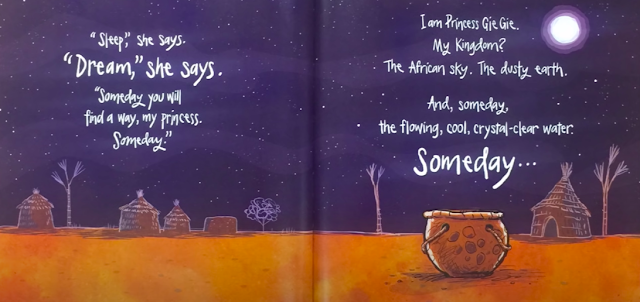It's been a journey..

During the time period I spent writing this blog, 3600 minutes have been spent by one women alone in Sub-Saharan Africa collecting water. This equates to 2.5 full days. If multiplied by the approximately 16.9 million women and young girls all over the sub-continent, the figure reaches 507 million minutes spent in water collection. I can't help but wonder how substantial of an effect this would have had on my productivity if I were to do the same, let alone imagine how much every women or girl could have achieved in that same amount of precious time- whether it be in education or formal employment. In this blog series I covered a range of issues women disproportionately face as a result of inadequate water access, from prolonged water collection duties, to shortages in community engagement and difficulties in maintaining menstrual health. In doing so, I explored these cases under the lens of different nations such as Tanzania, Cameroon and Ghana. Of the topics covered, however, the
